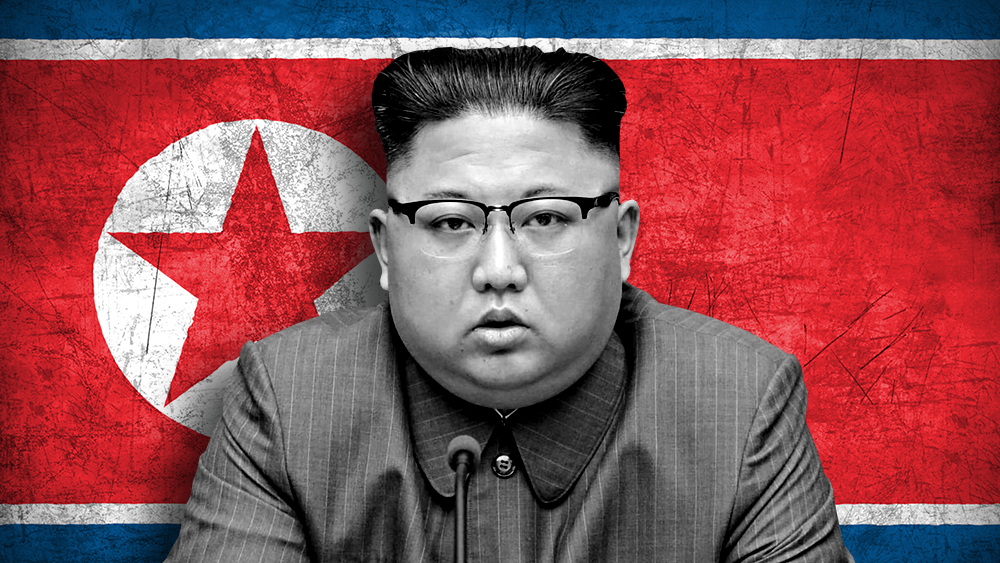 Parler
Parler Gab
Gab
- Marco Rubio claims a recent Israeli airstrike does not violate the U.S.-backed ceasefire.
- He defends Israel's right to conduct strikes against perceived imminent threats.
- The targeted Palestinian Islamic Jihad group denies Israel's claim of an imminent attack.
- Palestinian authorities report dozens killed and wounded since the truce began.
- This U.S. endorsement raises questions about the ceasefire's durability and the ongoing human cost.
The right to self-defense
Rubio’s defense hinges on a specific interpretation of the ceasefire terms. He asserted that Israel retains its right to self-defense against perceived imminent threats. “They have the right if there’s an imminent threat to Israel, and all the mediators agree with that,” Rubio added. This clause appears to be a loophole that Israel can invoke to conduct strikes at its own discretion. The human cost of these continued operations is mounting. According to the Palestinian Ministry of Health, the recent strike killed at least one person and wounded others. This incident is not isolated. The Ministry reports that Israel has killed at least eight Palestinians and wounded 13 others across Gaza in the past 48 hours alone. These latest casualties contribute to a disturbing total since the U.S.-brokered truce began. The Health Ministry reports that 93 Palestinians have been killed and 332 injured since the ceasefire plan took effect on October 11. This brings the total number of casualties above 400 during a period that was supposedly dedicated to peace and humanitarian relief. The violence continued even as Rubio was speaking. On the morning of October 27, Palestinian media reported another Israeli drone strike east of Khan Younis. That strike killed two civilians. The Israeli military claimed the targeted individuals had “crossed the ceasefire line” and posed a “threat” to troops.Endless provocation
For the people of Gaza, these strikes are not isolated self-defense acts but part of a pattern of provocation. The PIJ movement holds the Israeli army “fully responsible for this breach” and has called on ceasefire mediators to compel Israel to stop such attacks. The situation creates a volatile cycle where each strike risks a larger military response, unraveling the truce entirely. The escalating casualty figures and the U.S. endorsement of Israeli strikes suggest a tragic reality. The ceasefire, in its current form, is not stopping the killing. With Washington providing ready-made justifications for military action, the prospects for a lasting peace appear dim, and the people of Gaza remain caught in a devastating cycle of violence. Sources for this article include: TheCradle.co Reuters.com TimesOfIsrael.comUkraine strikes deep into Russia with drones as battle for Pokrovsk escalates
By Kevin Hughes // Share
Mysterious drones target NATO nuclear base in Belgium amid rising tensions over airspace violations
By Kevin Hughes // Share
E. coli strain spreads as fast as swine flu, surprising new research reveals
By Cassie B. // Share
Tragedy in Louisville: Cargo plane crash claims multiple lives, sparks urgent investigation
By Belle Carter // Share
Digital erasure: Big Tech bows to political pressure, wiping out Palestinian war crime documentation
By Belle Carter // Share
U.S. sanctions target North Korean cybercrime networks funding nuclear weapons
By Cassie B. // Share
Governments continue to obscure COVID-19 vaccine data amid rising concerns over excess deaths
By patricklewis // Share
Tech giant Microsoft backs EXTINCTION with its support of carbon capture programs
By ramontomeydw // Share
Germany to resume arms exports to Israel despite repeated ceasefire violations
By isabelle // Share










